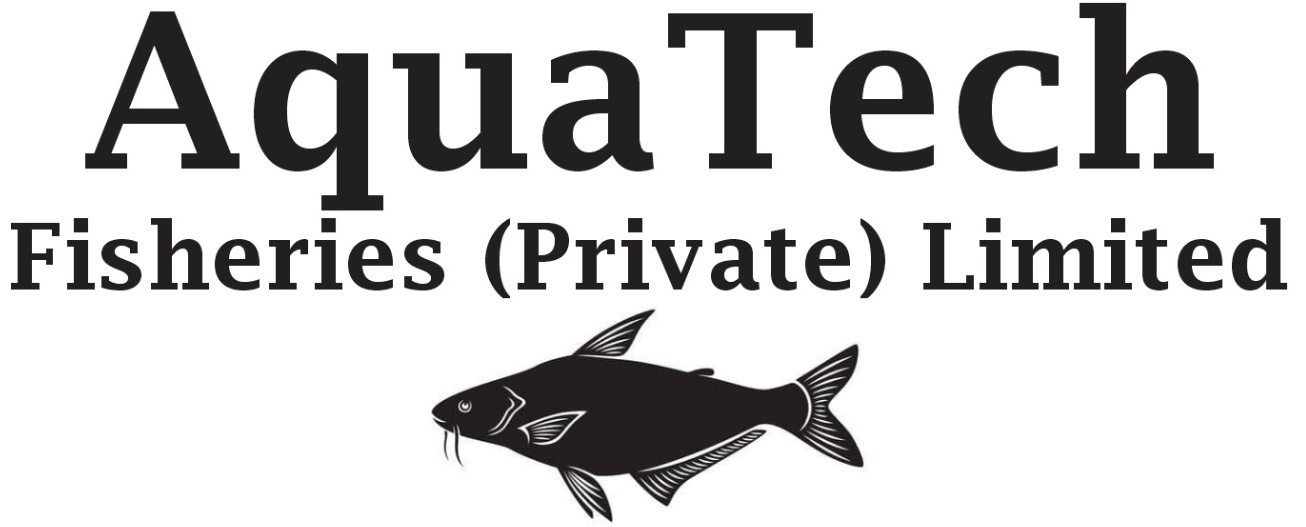Introduction
Pakistan’s growing population and increasing demand for seafood call for sustainable aquaculture practices. Biofloc technology is an ideal solution for meeting these needs efficiently and responsibly.
1. Low Water Requirements
Biofloc systems use minimal water, making them suitable for areas with water scarcity.
2. Cost-Effective Feeding
By converting waste into natural feed, biofloc reduces dependence on expensive commercial feeds.
3. High Productivity
Supports high-density farming, maximizing yields on small plots of land.
4. Adaptable to Local Conditions
Biofloc can be easily tailored to different climates and fish species popular in Pakistan, such as tilapia and carp.
5. Environmental Sustainability
Promotes water recycling and reduces pollution, aligning with global sustainability goals.
6. Job Creation
Encourages entrepreneurship and creates jobs in rural and urban areas.
7. Reduced Disease Risks
Improved water quality lowers the risk of disease outbreaks, ensuring healthier fish.
8. Government Support
The Pakistani government is promoting aquaculture, providing opportunities for funding and training.
9. Quick Returns
With proper management, farmers can see profits within a short period, making it an attractive option.
10. Scalable and Flexible
Whether you’re a small-scale farmer or a commercial investor, biofloc systems can be customized to fit your needs.
Conclusion
Biofloc fish farming aligns perfectly with Pakistan’s aquaculture needs. By adopting this sustainable method, farmers can boost productivity, reduce costs, and contribute to a greener future.
